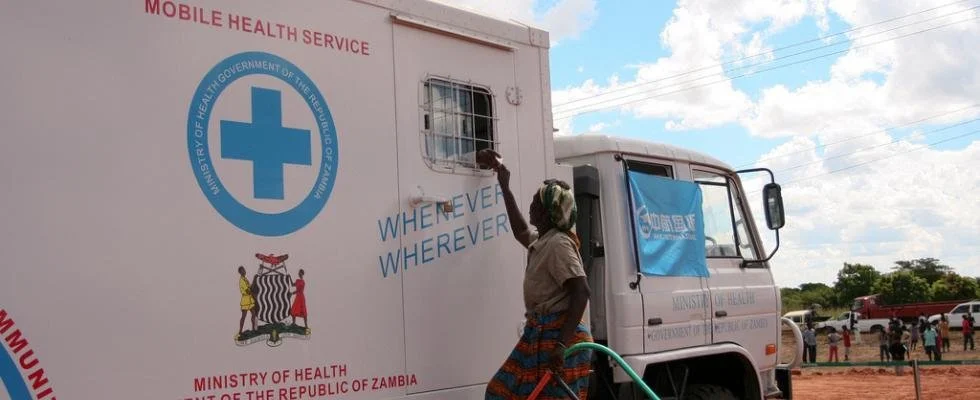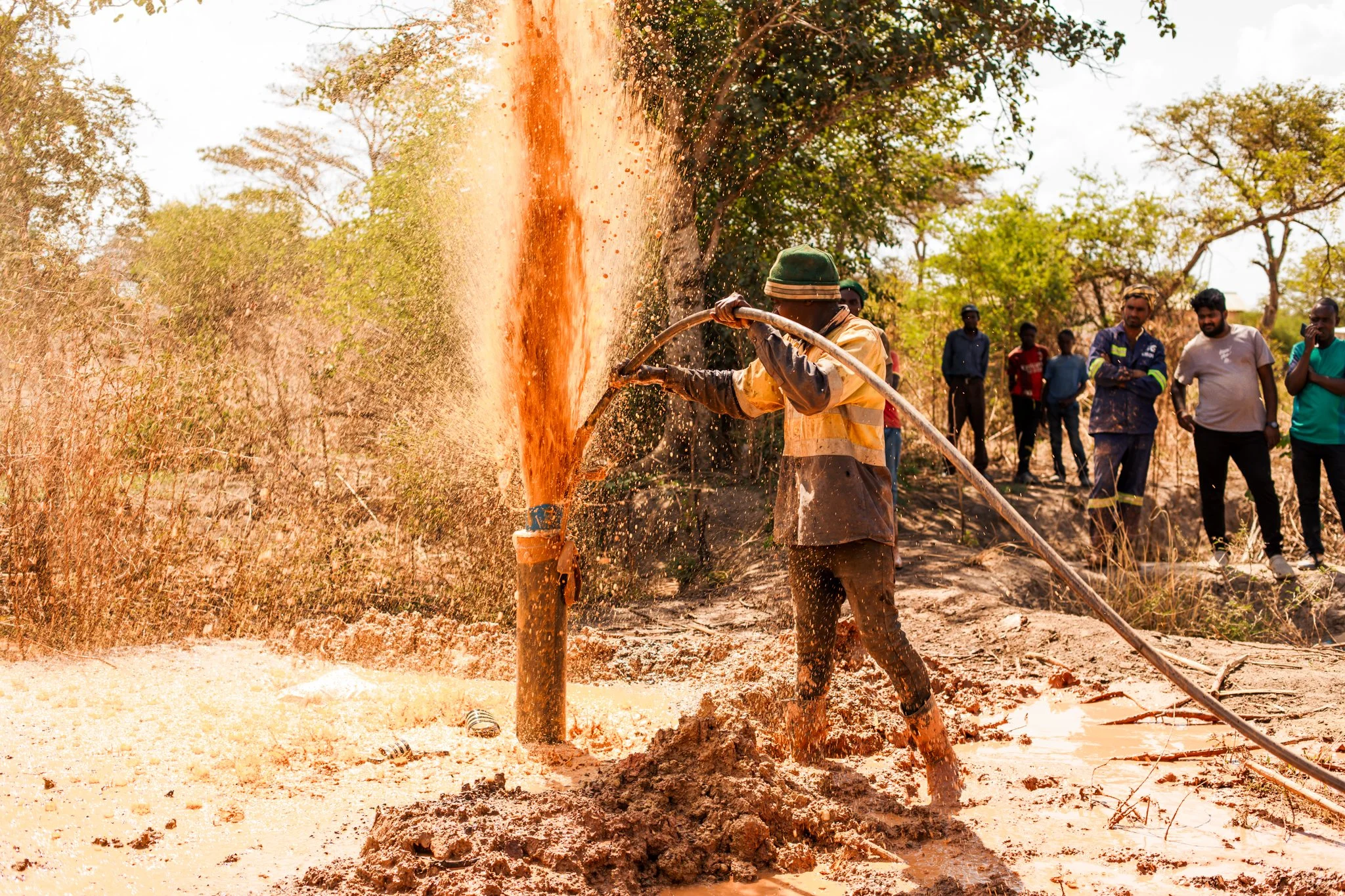
DONATE TO KEEMBE
Help to improve living standards and create meaningful opportunities for residents in Keembe.
KEEMBE MOBILE HOSPITAL
Rural communities in Keembe often live far away from local healthcare centres and have trouble accessing medical facilities in an emergency. This is particularly true for expectant mothers, who regularly give birth at home without access to proper sanitary provisions or potentially lifesaving medications.
As a community, we are fundraising to equip and operate a mobile hospital in Keembe: a large ambulance that has space for patients to lie down or stand in. The funding will be used to provide the ambulance and equipment as well as employ a healthcare worker and driver to tour the community and provide routine medical care.
MIDWIFE TRAINING
There is a significant lack of adequate maternal health care services in the Keembe area of Chibombo district, leading to greater health and mortality risks for mothers and newborns. There is also a distinct lack of maternal healthcare for young children.
This programme will work with local nurses, midwives, and medical healthcare trainees to provide an intensive residential training course in Zambia and India. It will also provide a new healthcare building for the area.
REFURBISHING HEALTHCARE FACILIITES
Good physical infrastructure is essential to the provision of quality health services as well as to infection prevention and control, which plays a critical role in the health of the community.
This intervention will renovate existing healthcare centres and equip them with basic equipment such as hospital beds and wheelchairs. In addition it will provide vital infrastructure including water boreholes, solar panels, lighting, and cold storage devices.
WATER, FOOD SECURITY AND DROUGHT TOLERANCE
Zambia is facing the worst period of limited rainfall in recent history, leading to droughts and the declaration of a national state of emergency.
When the rains do arrive, extreme flooding is expected in Chibombo due to the incredibly dry and degraded soil. This presents a serious challenge to health and hygiene, as well as local agriculture and the provision of drinking water.
We are therefore seeking funding for the following remedial and preventative measures:
Borehole Drilling - Following the outbreak of a cholera pandemic in Zambia in 2024, an urgent need for boreholes was identified to provide clean, reliable drinking water for local communities in Keembe. This project will work to provide 100 new boreholes in Keembe and the wider Chibombo area to reduce the risk presented by cholera and other water-borne diseases.
River Mapping and Dams – this project will work to map all river networks, existing watering holes and dams, in order to prepare for anticipated flood waters in the forthcoming rainy season, It will also create a network of micro-dams to provide emergency irrigation and overflow capacity for future farming seasons as well.
Crop Diversification – following the drought, Zambia has lost many millions of tonnes of critical maize stocks, placing pressure on human food production and livestock feed alike. This project will provide emergency inventory for smallholder farmers of drought-tolerant seed varieties, diversifying production away from an over-reliance on maize, and ensuring adequate supply for human and animal food on an ongoing, sustainable basis.
Animal Drinking Water and Human - Animal Conflict Reduction
This project seeks to improve the relationship between humans and animals in Keembe by ensuring that wild animals – particularly seasonal nomadic elephants – have adequate drinking water and do not need to venture into areas populated by humans to drink.
This project can be modelled after the successful programme in Kenya, using a travelling water boswer to create and fill new watering holes. This will reduce human-animal conflict while also upscaling new cropping lands from improved groundwater and irrigation potential.





